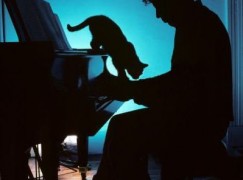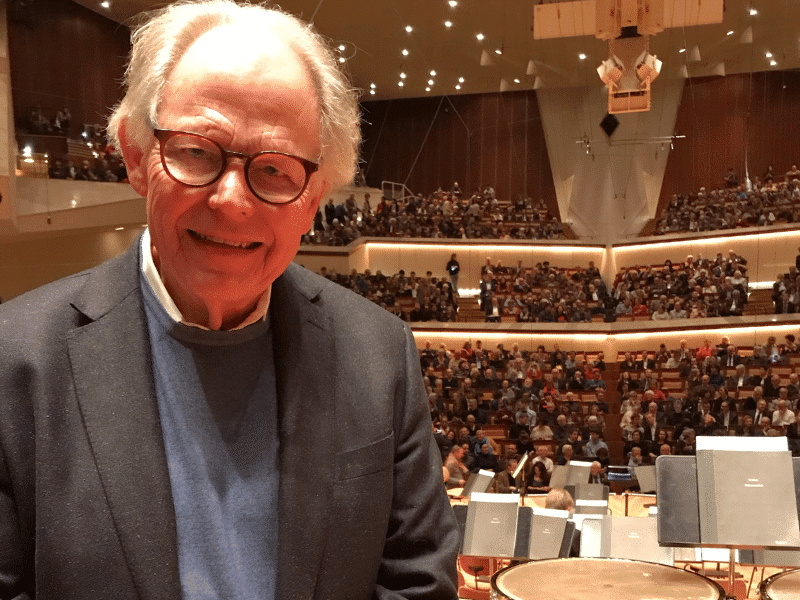In his own time: Philip Glass plays for eternity
Daily Comfort ZoneThe American minimalist, 87, has recorded his piano music.
Eat that, Einaudi.

The American minimalist, 87, has recorded his piano music.
Eat that, Einaudi.
For 38 consecutive years, the Last Night of…

Having slashed the executive team last July, the…

Urgent message from the hall: Carnegie Hall today…

Bob Bell gave almost 70 years of his…

Session expired
Please log in again. The login page will open in a new tab. After logging in you can close it and return to this page.
Comments